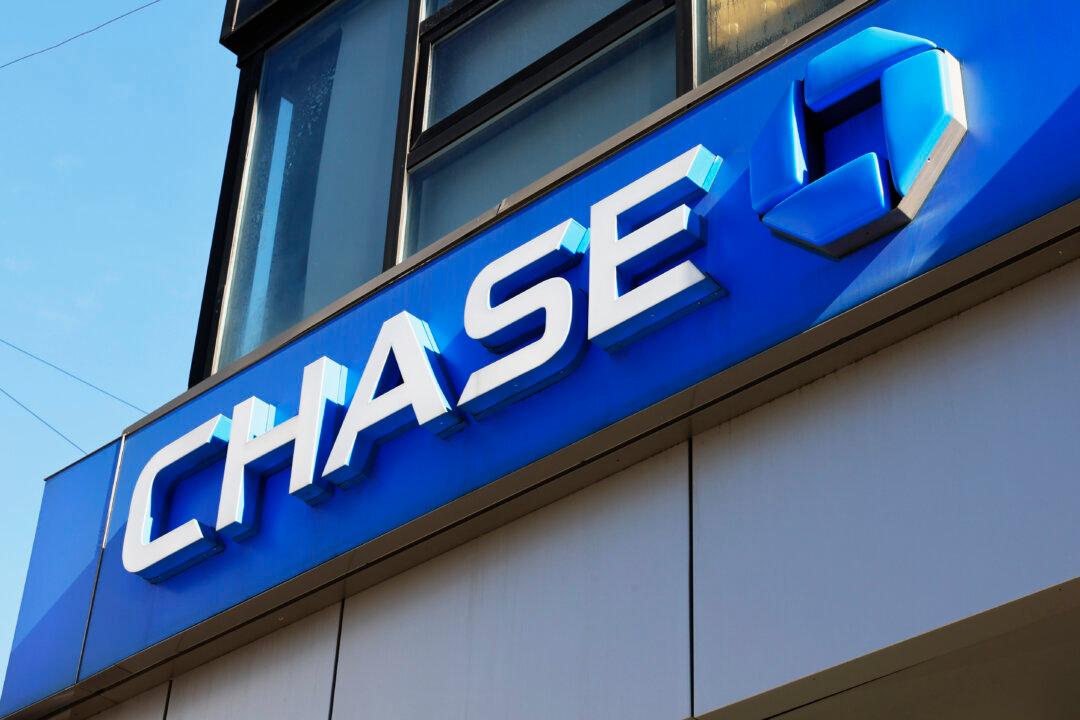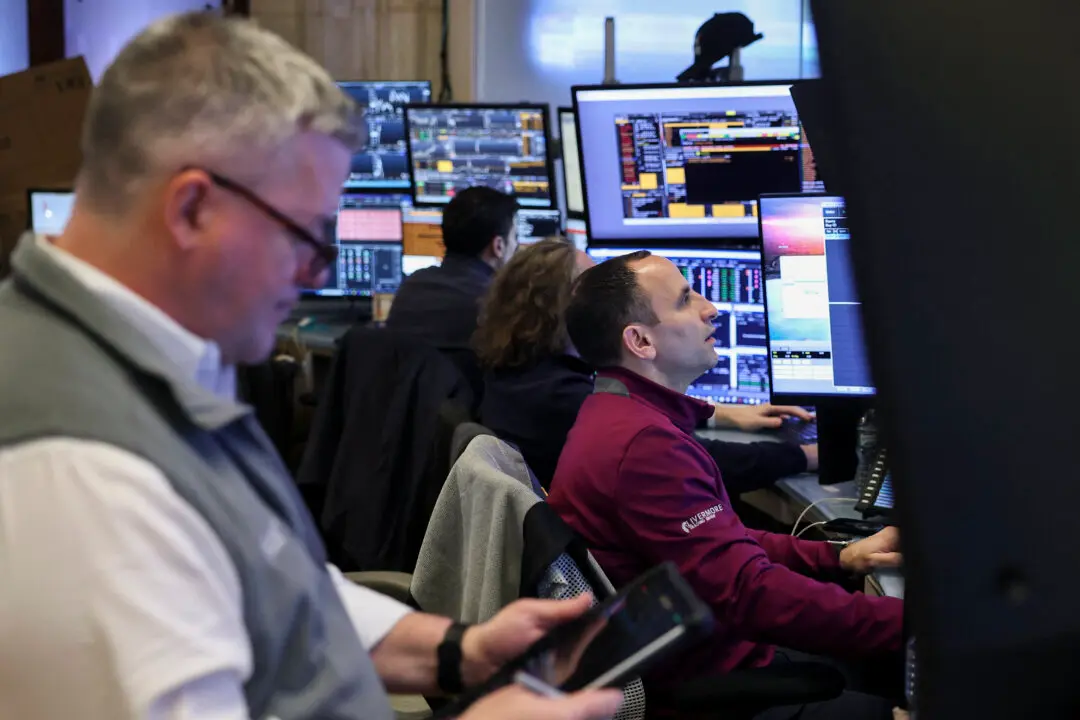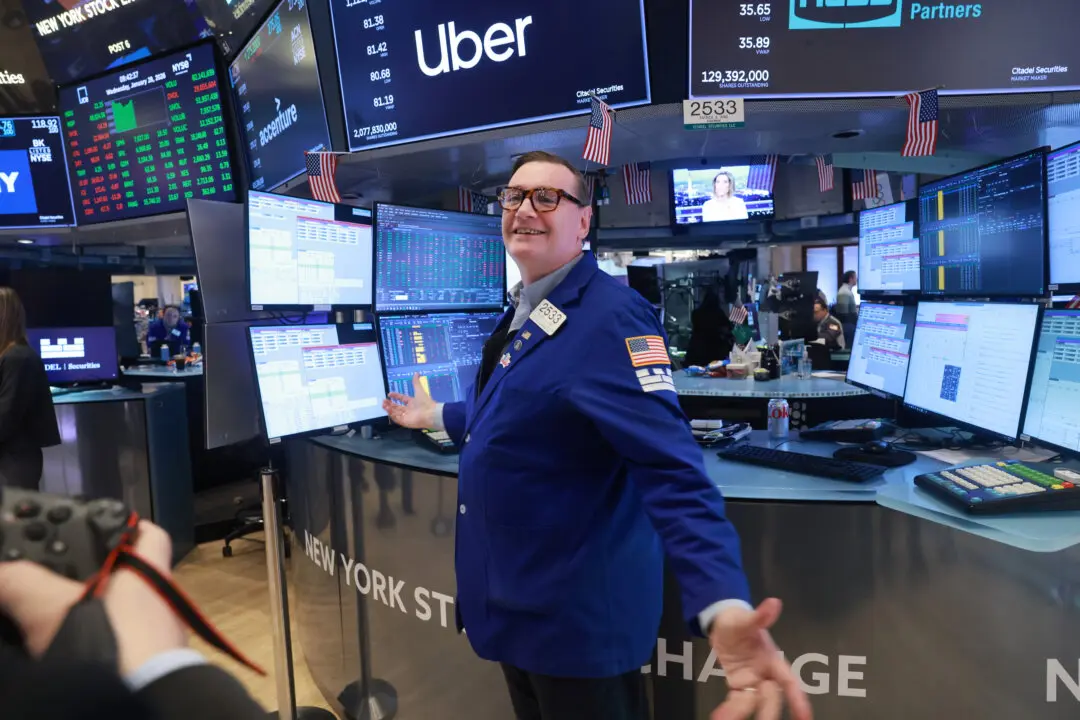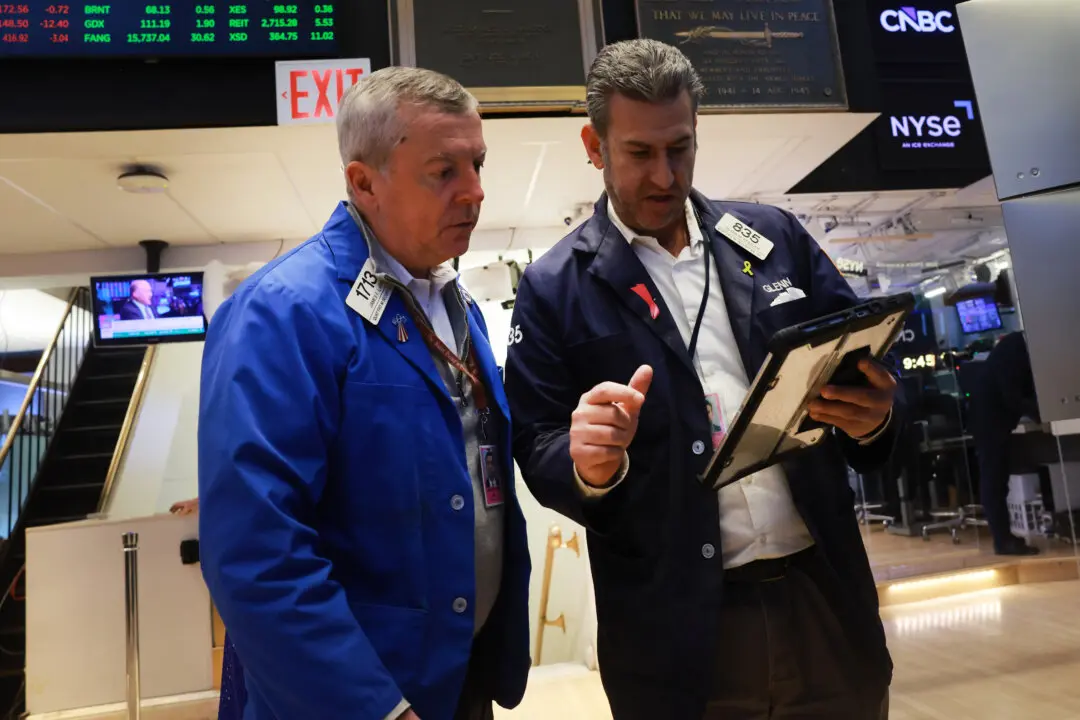News Analysis
JPMorgan Chase & Co. started the earnings reporting season with solid first-quarter results, led by soaring trading, investment banking, and wealth management income. However, some weaknesses in traditional consumer and community banking moderated the overall gains.





